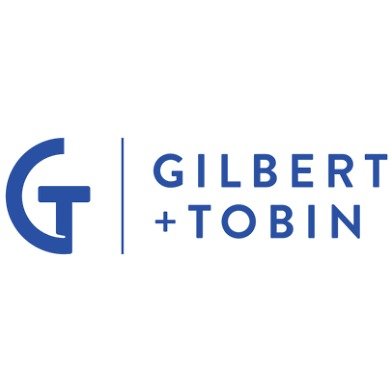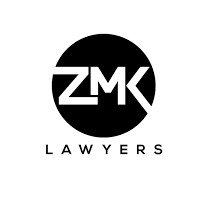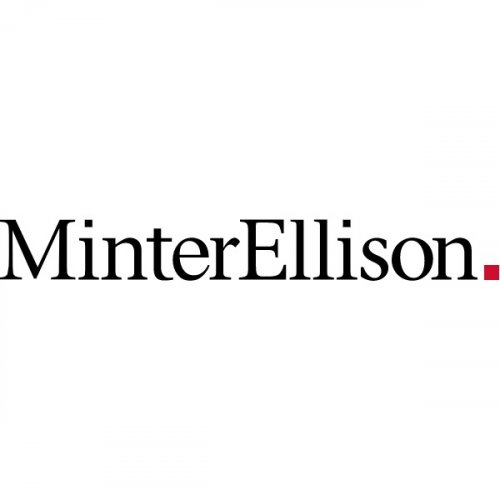Best Mining Law Lawyers in Australia
Share your needs with us, get contacted by law firms.
Free. Takes 2 min.
Or refine your search by selecting a city:
List of the best lawyers in Australia
About Mining Law in Australia
Mining Law in Australia covers the legislation, regulations, and legal principles that govern the exploration and extraction of minerals and resources. It is a highly specialized field that balances the interests of miners, landowners, Indigenous communities, and government authorities. Mining activities are regulated at the state or territory level, rather than federally, which means laws and requirements can vary significantly across different regions. Mining law oversees matters such as licensing, environmental compliance, occupational safety, land access, royalties, and native title rights.
Why You May Need a Lawyer
You may need a lawyer in several situations involving mining law. Some common reasons include applying for mining tenements or licenses, negotiating land access agreements with traditional owners or private landholders, addressing disputes related to mineral rights, complying with environmental obligations, or facing enforcement actions and litigation. Lawyers also play a crucial role in transactions involving the sale or purchase of mining interests, joint ventures, and regulatory approvals. Expert legal assistance can help navigate complex regulations, protect your interests, and ensure compliance with all legal and contractual duties.
Local Laws Overview
Mining regulation in Australia is primarily governed at the state or territory level. Each jurisdiction manages its own licensing and environmental controls through various Acts and regulations. For example, in Western Australia, the Mining Act 1978 outlines the process for claiming mining rights and obtaining permits. Other states, like Queensland and New South Wales, have separate mining legislation and bodies responsible for administration. Common legal requirements include obtaining exploration licenses, negotiating native title agreements (where applicable), meeting environmental impact assessment obligations, and paying royalties on extracted resources. Occupational health and safety laws, as well as broader federal environmental regulations, may also impact mining activities. Adhering to the correct legal framework is essential to operate lawfully and avoid penalties or project delays.
Frequently Asked Questions
What are mining tenements and how do I get one?
Mining tenements are rights granted by the state or territory that allow individuals or companies to explore for or extract minerals. You must apply through the relevant government agency, meet eligibility criteria, and often comply with public notification or consultation processes.
Do I need the consent of landowners or native title holders?
Generally, yes. When applying for mining rights over land you do not own, you usually need consent or an agreement in place with landowners and affected Indigenous groups. This may involve negotiations under native title legislation and compensation arrangements.
What environmental approvals are required?
Mining projects commonly need environmental impact assessments and ongoing approvals to ensure adherence to environmental regulations. Requirements vary but typically include managing land rehabilitation, water use, and pollution prevention.
Can a mining license be transferred or sold?
In most cases, mining licenses and leases can be transferred, subject to government approval. The buyer must satisfy statutory conditions, and the transfer process will involve various notifications and sometimes payment of fees.
What are mining royalties?
Royalties are payments made to the state or territory government for the extraction of minerals. They are usually calculated as a percentage of the value or quantity of minerals produced. Accurate reporting and payment are mandatory.
How are mining disputes resolved?
Disputes may arise over land access, tenure rights, environmental compliance, or native title issues. Most are resolved through government-administered dispute resolution processes, tribunals, courts, or private negotiation and mediation.
What obligations do mining companies have towards Indigenous groups?
Mining companies must comply with native title laws, which may require negotiations for Indigenous Land Use Agreements (ILUA). These agreements aim to protect cultural heritage and provide compensation or other benefits to traditional owners.
Are there specific workplace health and safety requirements in mining?
Yes. Mining is a regulated industry with strict occupational health and safety requirements. Employers must provide safe workplaces, conduct risk assessments, train employees, and comply with both state and federal safety laws.
What happens if I operate without the necessary mining licences?
Operating without proper licences is a serious offence that can lead to heavy fines, legal proceedings, closure of mining operations, and criminal prosecution. Compliance with licensing obligations is essential.
How long does it take to obtain a mining lease?
The timeframe varies greatly depending on the jurisdiction, the scale of the project, and the need for consultation with stakeholders. Approvals can take anywhere from several months to several years, particularly where native title or environmental issues are involved.
Additional Resources
For more information and support in mining law matters, you can consult the following resources:
- State and Territory mining departments (such as the Department of Mines, Industry Regulation and Safety in Western Australia or the New South Wales Department of Regional NSW)
- Australian Government Department of Industry, Science and Resources - minerals and mining policy
- National Native Title Tribunal for matters involving Indigenous land rights
- Australian Securities and Investments Commission (ASIC) for corporate regulation of mining companies
- Australian Environmental Protection Authority for environmental compliance
- Minerals Council of Australia - industry association and resources
- Community legal centers and specialized mining law practices
Next Steps
If you need legal assistance in mining law, start by clearly identifying your legal issue and gathering all relevant documents and information. Consider consulting a lawyer with expertise in mining law in your state or territory. Look for practitioners with experience in regulatory compliance, native title, environmental law, and resource management. Arrange an initial consultation to discuss your situation and obtain advice on your rights, obligations, and options. Acting early can help protect your interests and ensure compliance with all legal requirements throughout your mining project.
Lawzana helps you find the best lawyers and law firms in Australia through a curated and pre-screened list of qualified legal professionals. Our platform offers rankings and detailed profiles of attorneys and law firms, allowing you to compare based on practice areas, including Mining Law, experience, and client feedback.
Each profile includes a description of the firm's areas of practice, client reviews, team members and partners, year of establishment, spoken languages, office locations, contact information, social media presence, and any published articles or resources. Most firms on our platform speak English and are experienced in both local and international legal matters.
Get a quote from top-rated law firms in Australia — quickly, securely, and without unnecessary hassle.
Disclaimer:
The information provided on this page is for general informational purposes only and does not constitute legal advice. While we strive to ensure the accuracy and relevance of the content, legal information may change over time, and interpretations of the law can vary. You should always consult with a qualified legal professional for advice specific to your situation.
We disclaim all liability for actions taken or not taken based on the content of this page. If you believe any information is incorrect or outdated, please contact us, and we will review and update it where appropriate.
Browse mining law law firms by city in Australia
Refine your search by selecting a city.

















